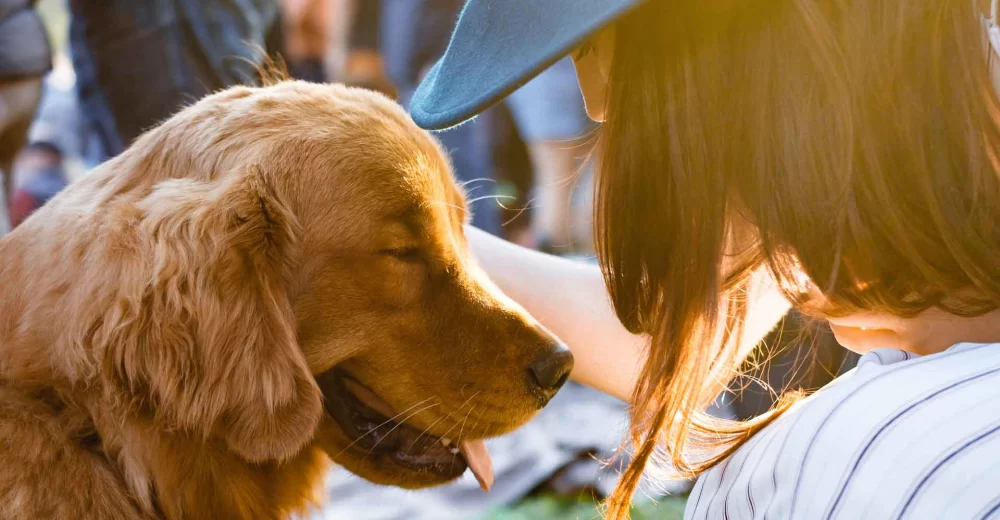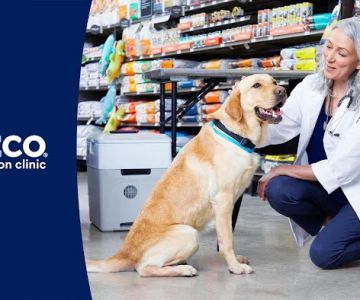- 1. Understanding Pet Vaccination
- 2. Common Myths About Pet Vaccinations
- 3. Facts You Need to Know About Pet Vaccination
- 4. The Importance of Vaccinating Your Pets
- 5. Debunking Common Vaccination Myths with Real Cases
- 6. How Hidden Brook Veterinary Can Assist with Pet Vaccination
1. Understanding Pet Vaccination
Vaccination is an essential part of your pet’s healthcare routine. It helps protect them from serious diseases and infections that can be life-threatening. Despite the clear benefits, there are many misconceptions that prevent pet owners from vaccinating their pets. In this article, we will explore some common myths about pet vaccination and reveal the facts you need to know to make informed decisions for your pet's health.
2. Common Myths About Pet Vaccinations
When it comes to pet vaccination, there are many myths that lead to confusion and sometimes even reluctance to vaccinate pets. Let's break down some of the most common ones:
Myth 1: Vaccines are not necessary if my pet stays indoors. Some pet owners believe that indoor pets are less exposed to disease, so they don’t need vaccines. However, diseases can still be transmitted through human contact, other animals, or even by pets who go outside occasionally. Indoor pets are just as vulnerable to serious diseases.
Myth 2: Vaccines are harmful and cause side effects. Many pet owners worry about the safety of vaccines, fearing potential side effects. While some pets may experience mild reactions, such as fatigue or a slight fever, these side effects are typically short-lived. The benefits of vaccination far outweigh the risks of these temporary reactions.
Myth 3: Vaccination is only for puppies and kittens. It is crucial to continue vaccinating pets throughout their lives, not just during their initial stages of growth. Booster shots help maintain immunity, protecting pets from diseases as they age.
3. Facts You Need to Know About Pet Vaccination
Vaccines are a critical tool in keeping pets healthy. Here are the facts you should consider when it comes to pet vaccinations:
Fact 1: Vaccines prevent serious diseases. Vaccines protect pets from a variety of serious diseases, including rabies, parvovirus, distemper, and leptospirosis. These diseases can be fatal if left untreated, making vaccination crucial for your pet's survival.
Fact 2: Vaccination schedules are tailored to your pet’s age and lifestyle. Each pet’s vaccination schedule should be customized based on their age, breed, and lifestyle. Your veterinarian will assess your pet’s needs and create a vaccination plan that suits them best.
Fact 3: Vaccines protect not only individual pets but the community as a whole. By vaccinating your pets, you contribute to herd immunity. This helps reduce the spread of contagious diseases in the pet community, protecting vulnerable pets who may not be able to receive vaccines due to health reasons.
4. The Importance of Vaccinating Your Pets
Vaccination is more than just a routine task—it is an essential step in safeguarding your pet's health. Here are some reasons why it’s crucial to vaccinate your pet:
1. Prevents the spread of disease. Vaccinated pets are less likely to contract and spread infectious diseases. This helps protect other pets and even humans from potentially harmful infections.
2. Saves money in the long run. While vaccines do have a cost, they are far cheaper than the treatment of serious illnesses. Treating a pet with a preventable disease can result in expensive medical bills, not to mention the emotional toll on the pet owner.
3. Ensures a long and healthy life. Vaccinated pets are less likely to fall ill, which contributes to their overall well-being and longevity. A healthy pet is an active, happy pet!
5. Debunking Common Vaccination Myths with Real Cases
To better understand why vaccination is so important, let’s look at a couple of real cases where vaccination played a crucial role in protecting pets from life-threatening diseases.
Case 1: Max the Boxer Max was a healthy boxer who lived indoors with his family. Despite this, he contracted parvovirus, a deadly disease that causes severe vomiting and diarrhea. After a lengthy and expensive hospitalization, Max survived, but the costs and stress were avoidable had he been vaccinated. His case highlights why even indoor pets need vaccination.
Case 2: Bella the Cat Bella, a curious outdoor cat, was diagnosed with rabies after a bite from a wild animal. Luckily, Bella had received her rabies vaccine, and she was able to recover fully. Her case demonstrates the importance of vaccination, especially in areas where wildlife can transmit dangerous diseases.
6. How Hidden Brook Veterinary Can Assist with Pet Vaccination
At Hidden Brook Veterinary, we understand how important it is to keep your pets healthy. Our expert team provides comprehensive vaccination services for pets of all ages. We work closely with you to create a vaccination plan that suits your pet's specific needs. Whether you're unsure about which vaccines your pet needs or need a quick checkup, we're here to help ensure your pet lives a long, healthy life.
Visit us at Hidden Brook Veterinary for personalized advice, professional services, and high-quality products that can support your pet's health journey.












